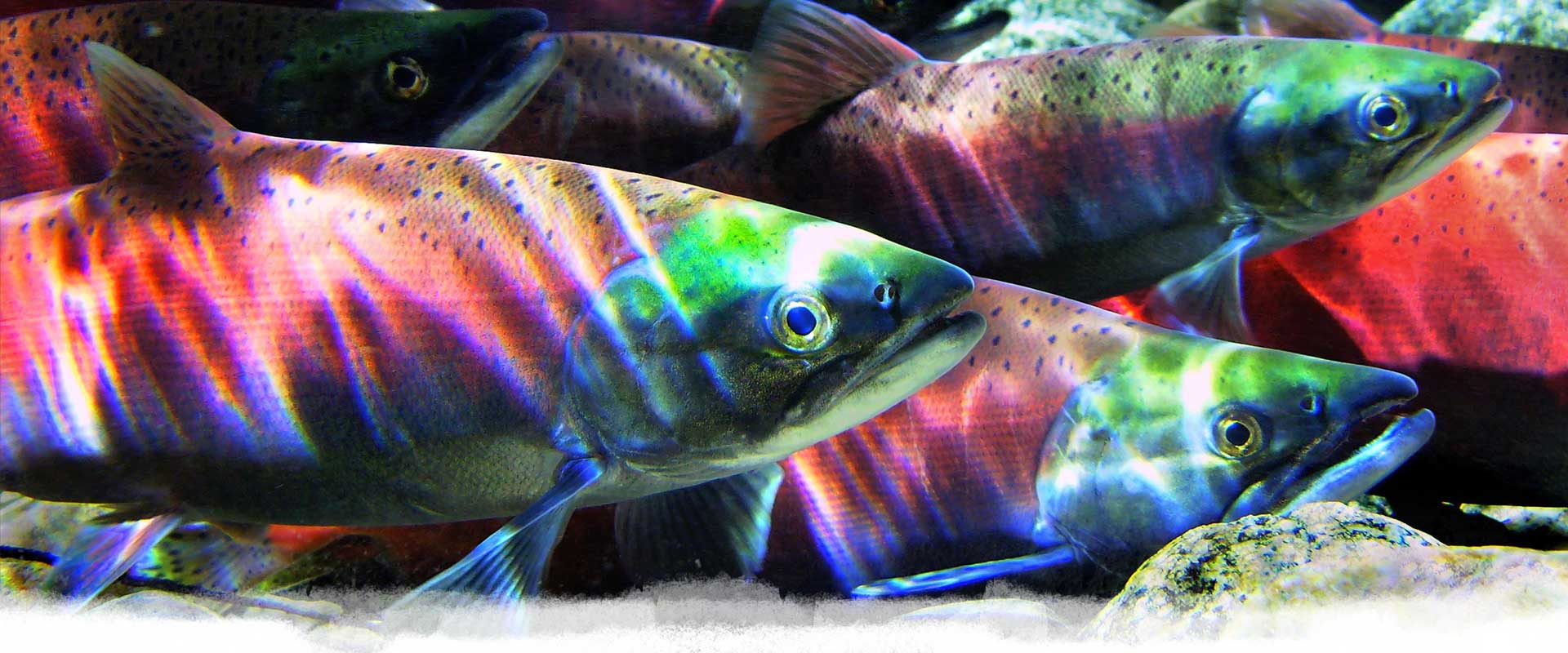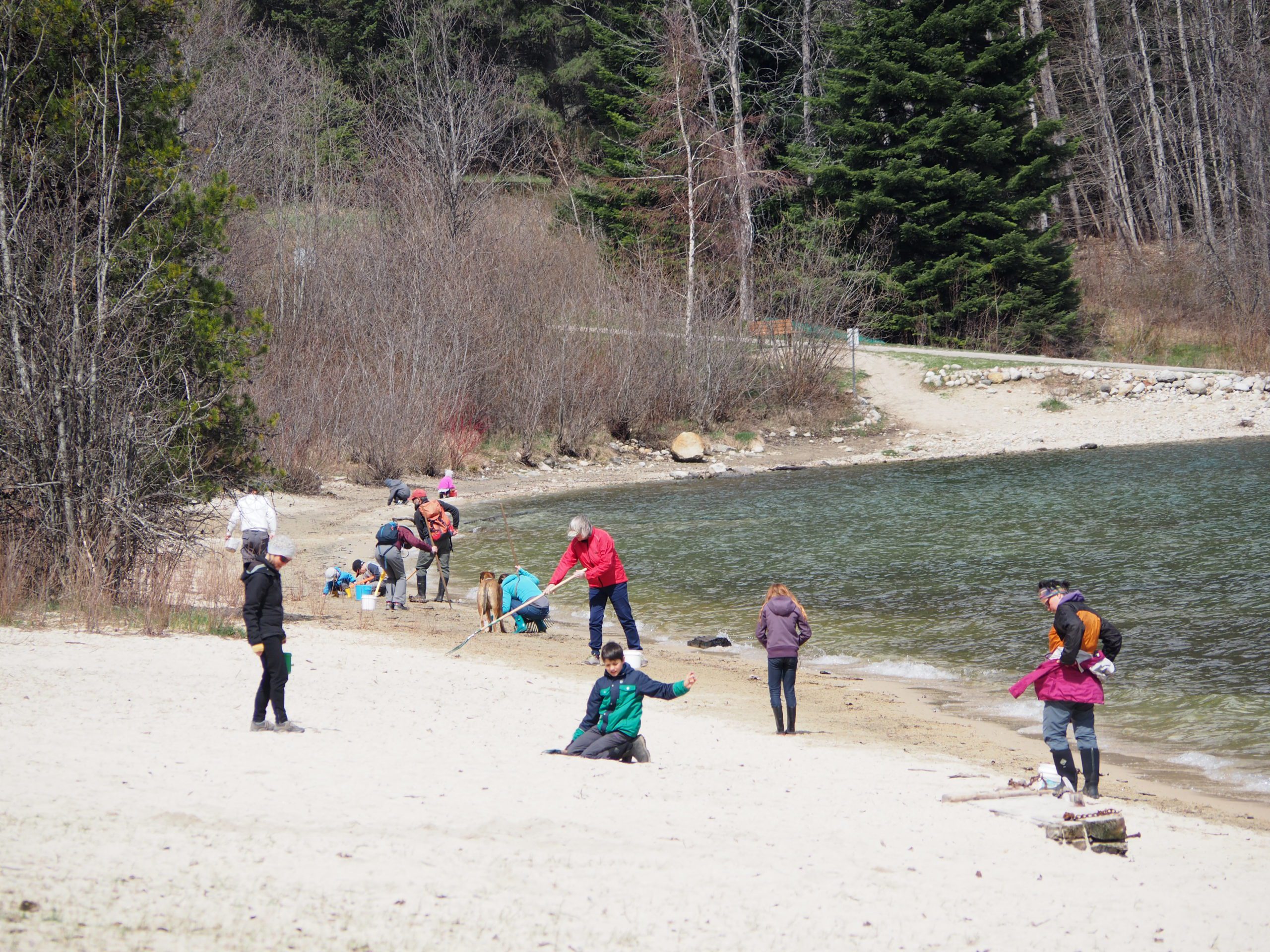
18 Nov Over 85 Volunteers Making a Difference on Kootenay Lake Shorelines
Volunteers continue to be the driving force of FoKLSS shoreline cleanups and thanks to their dedication and hard work, over 500 pounds of trash was removed from the lakebed and shorelines in 2021. They not only participated in the one off organized cleanups, but took to the East Shore during the month of April to help clean up 10 popular beaches on their own time. It’s been amazing to see so many passionate individuals come together to support their local lake and this work would not have been possible without them.
If you helped out during any of our 2021 shoreline cleanups- THANK YOU!
Check out the impact you had on Kootenay Lake below:
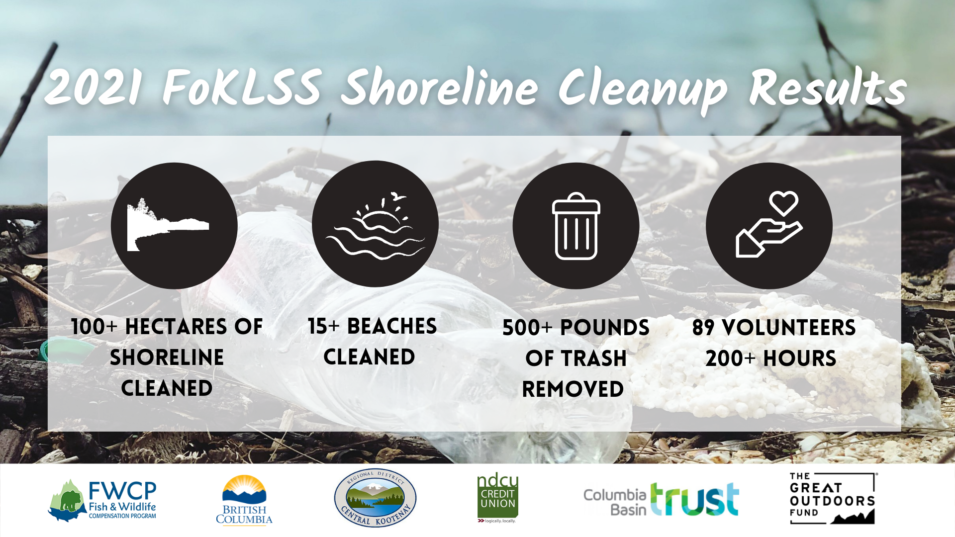
Beaches Cleaned in 2021
Zoom in on the map below to see what beaches were cleaned in 2021.
Items Found
Shoreline Cleanups
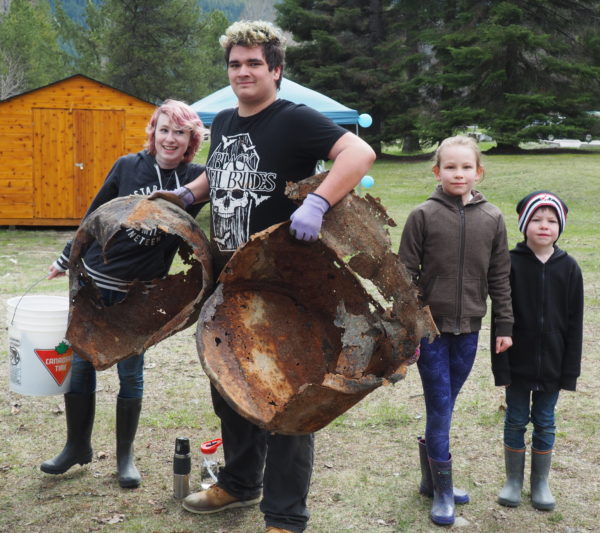
- Polystyrene foam
- Tires
- Plastics
- Cans
- Scrap metal
- Glass
- Cart wipes
- Cigarette butts
- Newspaper
- Food containers & wrappers
Lakebed Cleanups
- Shopping carts
- Bikes
- Hobby Horse
- Camping chairs
- Car tires
- Waterlogged polystyrene foam
- Old municipal license plates
Why this Work Matters
While plastic and anthropogenic debris in the environment are huge issues in marine environments, they are also prominent issues in freshwater environments (Holland, Mallory, and Shutler., 2016). Kootenay Lake in particular continues to be threated by plastic and
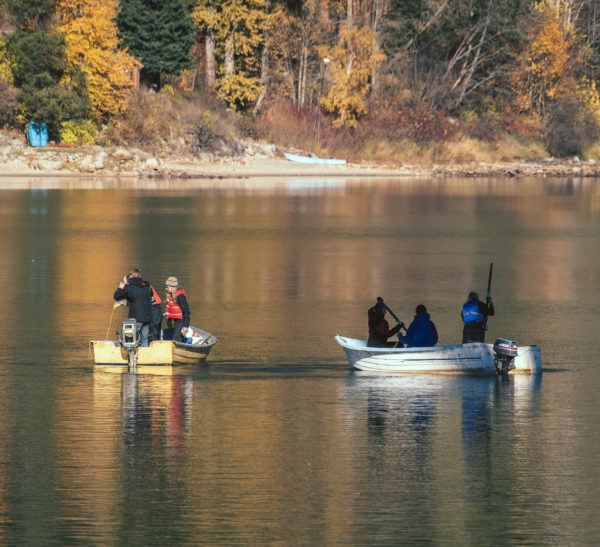
polystyrene foam pollution that ends up on the shoreline and in the lake from littering, decaying docks, dumping, runoff, and other sources. Once plastics and other debris enter the natural environment, they pose significant risks to shoreline birds, fish, and other aquatic life. Not only can they become entangled in the debris, but they may ingest smaller pieces that break down. Holland et al. (2016) conducted a study that analyzed anthropogenic debris in 350 freshwater birds, some of which were collected from BC. Their results concluded that 55% of the species they collected had ingested anthropogenic debris.
When you help keep Kootenay Lake’s shorelines and lakebeds clean, you are not only creating a safe environment for wildlife but your community as well. Clean beaches mean you and your friends, family, or pup(s) don’t have to worry about stepping on glass or sharp metal and can enjoy the view without it being littered with garbage. Clean waters mean you can enjoy a fresh catch of rainbow or bull trout without worrying whether you are ingesting plastics. The work we do together matters, but there is more to be done.
Photo right: Lynn Trinh
Keeping Kootenay Lake waste free doesn’t start with cleaning up the mess we have already made. It starts with correctly disposing our waste, being a responsible boat owner, finding alternatives for styrofoam docks, refusing plastics, and becoming a friend of Kootenay Lake.
To take a next step in supporting your local lake, become a member.
Thanks to our Sponsors:

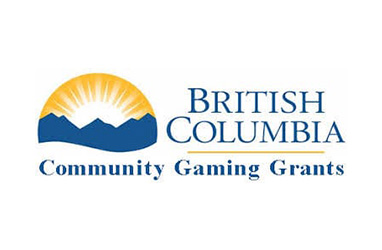
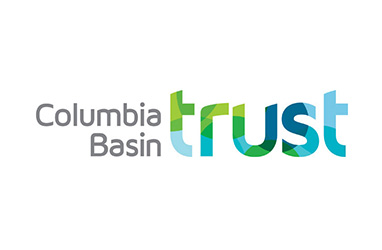
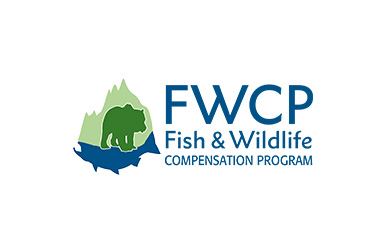
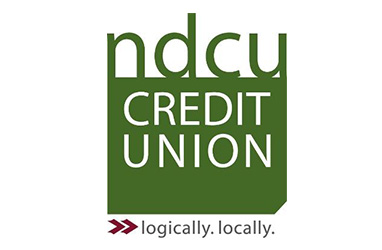
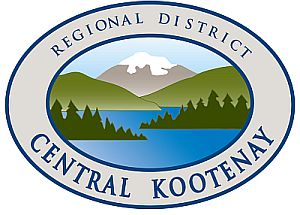
A special thank you to the Kootenay Lake Sailing Association, the West Kootenay Boating Association , and the Kootenay Pedalwheelers for providing us with their time, boats, and divers for this event. Also thanks to the following businesses who provided coffee, snacks, and pizza for our lakebed cleanup:
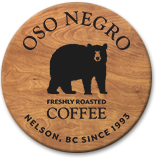


Resources
Holland, E. R., Mallory, M. L., & Shutler, D. (2016). Plastics and other anthropogenic debris in freshwater birds from Canada. Science of The Total Environment, 571, 251–258. https://doi.org/10.1016/j.scitotenv.2016.07.158

